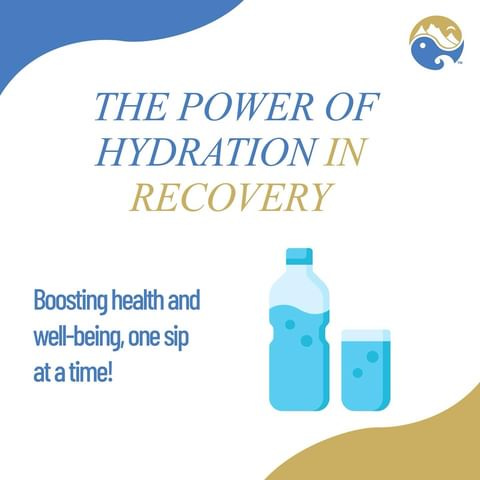When people think about recovery, they often imagine someone putting down a drink or stepping away from drugs and instantly moving on with their life. But for those who have walked this path, they know the truth: quitting is just the beginning. True recovery is about much more than sobriety—it’s about rediscovering who you are, rebuilding your life, and finding ways to live without needing to escape it.
Corey Warren, a motivational YouTuber who shares his journey of recovery, put it best: “For the longest time, I thought alcohol was my problem. I thought if I could just put it down, everything would be okay.” But he discovered something deeper: alcohol wasn’t the problem; it was the solution he turned to when life felt too overwhelming—when he had a bad day, argued with his wife, or worried about bills. The real issue was that he didn’t know how to handle life without it.
(watch his latest reel here for more context)
Alcohol as a Solution, Not the Problem
For many of us, substances become the quick fix, the easy escape. Corey’s story resonates because it’s so familiar. Alcohol and drugs may dull the pain for a moment, but they never solve the root problems. This weekend, reflecting on Corey’s reel and doing some research for the copy of our new and redesigned website, I came across some stats published by SAMHSA: Nearly 1 in 3 adults had either a substance use disorder or any mental illness in the past year, and 46 percent of young adults aged 18-25 had either a substance use disorder or any mental illness. Those numbers highlight just how interconnected addiction and mental health struggles are.
At Asana Recovery, I’d estimate closer to three out of four patients deal with both. This sparked another question: Is it even possible to separate addiction from mental health struggles?
Think about it—when we were kids, there was no need for substances. Life was full of dreams, hope, and excitement. We found joy in simple things like playing outside or spending time with friends. Somewhere along the way, something changed. For many, it was high school, college, or the pressures of adult life. That’s when the world became heavier, and substances seemed like a way to cope. To fit in. To feel “normal.”
If you trace your journey, I bet you can pinpoint the moment when certain decisions or events pushed you toward alcohol or drugs. This is why, at Asana Recovery, therapies like CBT (Cognitive Behavioral Therapy) and DBT (Dialectical Behavioral Therapy) are so vital. They help patients close those painful chapters and recognize how addiction rewires the brain—tricking it into believing you need to keep using, even as your body suffers the consequences.
I challenge anyone reading this, whether you’re in recovery or supporting someone who is, to reflect: What dreams and aspirations did I have as a kid? What truly made me happy back then? What advice would I give my younger self if our timelines could cross?
When you reflect, you’ll see addiction for what it truly is: a scam. It robs you of your potential, your joy, and your ability to become the best version of yourself.
The Real Work of Recovery
When Corey finally put down the drink, he was left with himself—and all the challenges he had been avoiding. That’s when the real work began. Sobriety clears the fog, but recovery means learning to cope with life’s stresses, face emotions head-on, and rebuild relationships. It’s about developing new tools to handle life, so substances are no longer a crutch.
Corey says, “Once I started focusing on the problem, I no longer needed the alcohol.” For him, recovery meant addressing the struggles that led him to drink in the first place. That’s the transformative power of recovery—it’s not about giving something up; it’s about gaining your life back.
Finding Support
Recovery is hard, but you don’t have to do it alone. At Asana Recovery, we provide more than treatment—we offer a supportive community built on understanding and compassion. Our team is here to guide you through every step of your journey, using evidence-based therapies and a personalized approach to help you rediscover your strength and resilience. You don’t have to face this alone—let Asana Recovery be your partner in healing.
In Closing
Sobriety is a powerful and courageous first step, but recovery is where the magic happens. It’s about uncovering the root of your struggles, rediscovering your passions, and rebuilding a life that feels fulfilling and true.
If you’re ready to take that step, know that you’re not alone. People like Corey, and organizations like Asana Recovery, are here to walk with you. Because recovery isn’t just about putting down a drink—it’s about picking up the pieces of your life and turning them into something extraordinary.
Healthy Tips:
Drinking enough water not only supports your physical health but also helps improve mental clarity and emotional balance. Check out our latest Instagram post for tips on staying hydrated and why it matters in your journey to wellness. 💧
Trivia Question:
What percentage of the human body is made up of water?
Email your answer to david@asanarecovery.com. If you answer correctly, you’ll win a $25 gift card! 🎉 Choose from Amazon, Uber, or DoorDash.
(Remember, only correct answers win! 🙈)









